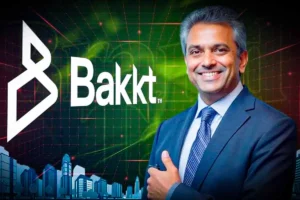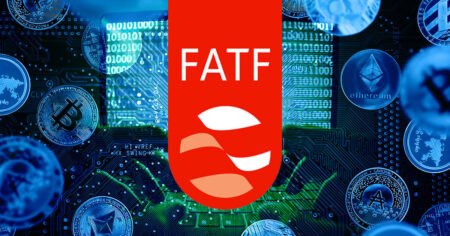Rethinking Decentralization: The True Path to Sovereignty in Blockchain
Decentralization has become a buzzword in the blockchain industry, often misinterpreted and misused as a mere marketing tactic. However, it’s crucial to view decentralization not as the end goal, but as a means to achieve something far more significant: sovereignty. Sovereignty empowers individuals and communities to control their own infrastructure, assets, and data without reliance on a central entity, whether it be a bank, government, or a single global validator. Understanding this distinction is vital to the true purpose of blockchain technology.
Historically, the blockchain movement has sought to create resilient, trustless systems like Bitcoin and Ethereum, which promise independence from traditional financial institutions. Yet, the reality is often a mere transfer of trust from one centralized body to another. Utilizing a single, albeit decentralized, global network undermines true independence. It’s essential to recognize that a genuine decentralized ecosystem requires a diversity of networks, each capable of functioning autonomously.
The limitations of relying on global networks become particularly apparent in extreme circumstances. For instance, if a scenario like World War III were to occur, would Bitcoin still provide security and access? If individuals or communities cannot operate their own infrastructure during times of crisis, do they truly possess sovereignty? A truly sovereign network must not only be resilient but also local, ensuring that communities can continue to function and transact independently when global systems are compromised.
To cultivate this local sovereignty, we must move towards infrastructures that prioritize community autonomy and only rely on global consensus when it genuinely adds value. In today’s world, where various conflicts can disrupt global connectivity, it is not a dystopian fantasy to prepare for the worst. Digital infrastructure should be inherently conflict-resistant, empowering communities to retain access to their assets and coordination tools regardless of external conditions. Instead of falling prey to centralized control masked by cryptographic tools, systems must empower local governance and resilience.
Critics may argue that platforms like Ethereum lead to a form of centralized oversight in the crypto ecosystem; indeed, they serve as a potential single point of failure. Not all communities and applications require the same governance models or trust networks. True sovereignty invites the flexibility for communities to form tailored trust models, whether by choosing local validators they know or by working intermittently with global networks. This approach fosters heterogeneity instead of homogenization, allowing for flexibility in governance and trust models beneficial to distinct communities.
In the past decade, various incidents have showcased the fragility of digital systems, from cyberattacks to regulatory overreach. Resilience is the key to survival for digital infrastructures, requiring users to maintain control over their operational frameworks even if global networks become unavailable. Moreover, the notion that public data equates to ownership undermines the essence of sovereignty, making privacy a necessity rather than a luxury. Local DAOs and community currencies are beginning to emerge as initiatives that support these principles, paving the way for a future where sovereignty reigns supreme.
To realize the promising potential of blockchain technology, the industry must shift its focus from blind adherence to decentralization as a metric of success towards building for the sake of sovereignty. The long-term vision is not a singular global ledger but a diverse ecosystem of sovereign actors—individuals, communities, and organizations—all empowered to forge their paths. Ultimately, decentralization serves as a valuable tool in achieving sovereignty, which stands as the true goal of blockchain innovation.
In conclusion, let’s redirect our efforts to support self-sovereign systems that value locality, flexibility, and independence. By prioritizing sovereignty over a myopic view of decentralization, we can create a future where communities possess tangible control over their destinies, fostering a more resilient and equitable blockchain landscape.

















